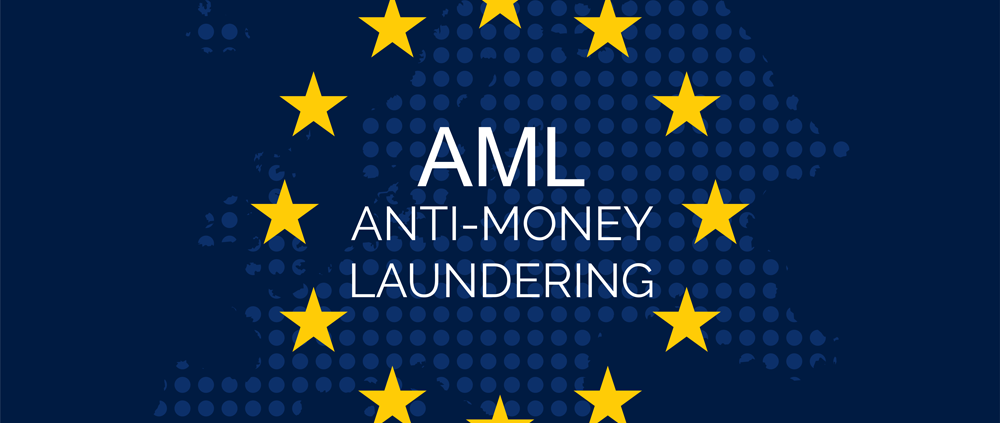Central Bank issues Guidelines on Anti-Money Laundering (AML) and Counter Terrorism Financing
On 6 September 2019, the Central Bank issued guidelines to help firms meet their anti-money laundering (AML) and countering the financing of terrorism (CFT) obligations.
Money laundering and terrorist financing is a large global issue. An estimate of between 2% (€715 billion) and 5% (€1.87 trillion) of global GDP is laundered each year.
These guidelines aim to help firms to understand their obligations under the Criminal Justice (Money Laundering and Terrorist Financing) Act 2010-2018.
Speaking at the launch of these guidelines, Director General, Financial Conduct, Derville Rowland said,
“Firms must adopt a risk-based approach to fulfilling their obligations and ensure that their controls, policies and procedures are fit for purpose, up-to-date, tested and kept under constant review and scrutiny.”
“Effective regulation in this area strengthens the integrity of the financial sector and contributes to the safety and security of citizens by preventing drug dealers, and those engaged in human trafficking, terrorist attacks and organised crime, from using the financial system to support these activities,” she said.
“Financial institutions must know their customers, understand their customer profiles, monitor the way accounts are used and make reports of suspicions to An Garda Síochána, and the Revenue Commissioners where appropriate,’’ she added.
You can find a copy of the guidelines here and view the Central Bank’s press release here.
If you are a designated person for AML purposes and require assistance with your requirements under the legislation, please contact Tony Cooney, Partner and Head of Risk Consulting.
We provide the following services:
- AML business risk assessments
- Update AML policies and procedures for new legislative requirements
- Provide AML training to Directors and staff
- Independent AML function audits




